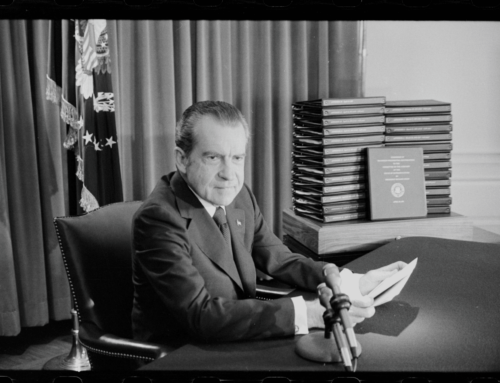There’s a good chance that this Congress will pass a law reforming one of the largest, oldest giveaways on the books – The General Mining Law of 1872. It has only taken more than a hundred years to get here and yet some proposals appear poised to snatch defeat from the jaws of victory.
Under this law from the Grant Administration , companies that mine gold, silver, copper, uranium, and other precious metals on federal lands pay nothing for the minerals they extract. In contrast, the oil, gas, and coal industries pay royalty rates of 12.5% or more.
The law also allows federal land to be “patented” – given away at the fire sale price of no more than $5 an acre. What private land owner would set a price and stick to it for 137 years? Mining companies have obtained title to land valued at tens of millions of dollars for as little as tens of thousands of dollars. The land doesn’t even have to be mined. It can be developed for other purposes like multi-million dollar condominiums, ski resorts, and casinos.
Adding insult to injury, once the mining operations are all said and done, taxpayers are left with clean-up costs that have been estimated at a cost upwards of $50 billion.
Rep. Rahall (D-WV) has written legislation identical to what overwhelmingly passed the House in 2007 with bipartisan support. The bill takes taxpayers in the right direction by permanently ending the patenting of federal lands, imposing a 4% royalty on existing mining operations and an 8% royalty on new mines, and establishing an abandoned mine reclamation fund through monies collected from the royalty.
The 2007 bill died ignobly in the Senate. But this time around the Senate has also introduced legislation aimed at reforming the anachronistic law, but with a very different approach. The bill includes a land use fee to help fund abandoned mine clean-up. That is a step in the right direction. But there is no royalty for existing mining operations—continuing the massive giveaway of gold, silver and other precious metals from federal lands, and the royalties on new mines could be as low as 2% – far below what the oil and gas or coal industries pay.
The next step is unclear. Rep. Rahall has not indicated when he may move his bill. The Senate will hold a hearing later this month but what happens next is anyone’s guess. The senior senator from the “Silver State” – Senate Majority Leader Reid (D-NV) – is the 800 lbs. gorilla on this issue. While he stated a commitment to reform, he has already voiced concerns with the current Senate proposal. In the end, it will not be whether the Senate or House moves first, but whether an agreement can be reached that protects taxpayers.
We’re all for not letting the perfect be the enemy of the good. The fact that we haven’t been able to reform this law for more than a century suggests the politics of taking care of taxpayers first are thornier than they appear and that compromise is likely the only way we’ll get reform through. But the realities of political compromise can’t be used to enshrine a huge taxpayer giveaway. The shameful history of giving away taxpayers’ gold for free is no excuse to replace that policy with a bargain basement royalty rate far lower than what other industries pay. Congress needs to step up and enact real reform that puts the interests of taxpayers before mining companies.







Get Social